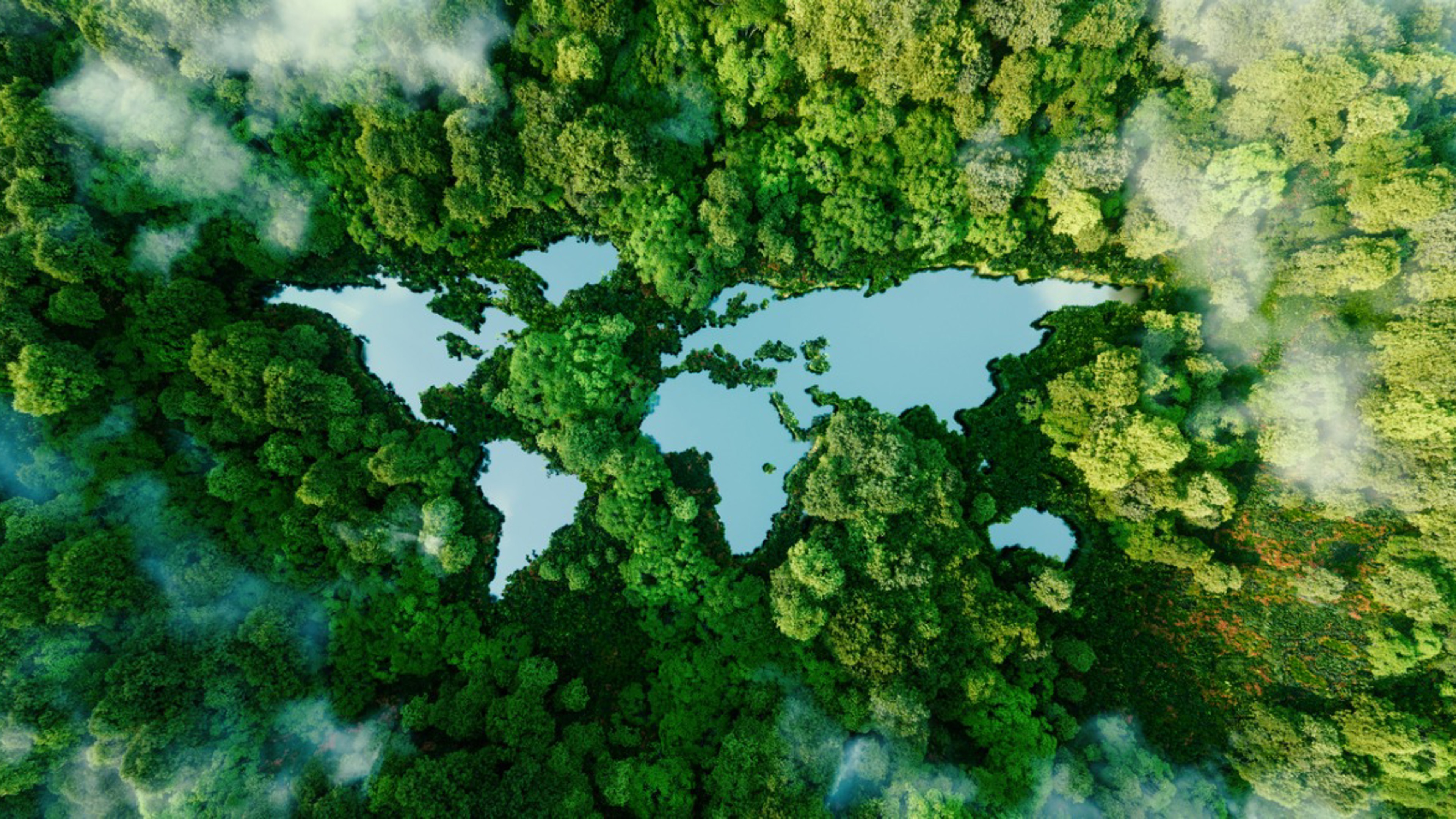Help us create an Environmental Health APPG
Join our campaign by urging your local MP to support the formation of an All-Party Parliamentary Group (APPG) on environmental health.
Wednesday, 13 April 2022, Gary McFarlane, CIEH Director Northern Ireland

However, one of the most significant statements in the report for me is “Even if all the policies to cut carbon that governments had put in place by the end of 2020 were fully implemented, the world will still warm by 3.2°C this century.”
Those who have read up on the science behind all this will understand that a rise of three degrees celsius spells catastrophe and threatens life on this planet, as that level of warming will lead to further significant collapses of natural systems, whether that be the loss of the Amazon rainforest resulting in the loss of the world’s largest natural carbon capture mechanism, the melting of the permafrost locking up vast amounts of methane, or explosions from the ocean floor at the very extreme of warming. Put simply, anything beyond two degrees celsius becomes a house of cards where just one failure could bring everything crashing down. And we are not, yet, on target to prevent this happening.
On a more positive note, however, the report does also make it crystal clear that this climate catastrophe is still avoidable. Within the measures that the IPCC report sets out to help matters, there is a significant role for Environmental Health Practitioners (EHPs) to potentially play.
For me, there are three elements to how EHPs can get involved:
Should this be the greatest environmental health priority for EHPs across the world? If not, then show me what is?
Climate change is not just an environmental emergency, but also a public health emergency. Why? If we don’t tackle the climate emergency, individuals will die and in addition to mortality, life will become a struggle for survival for incalculable numbers of people. Without radical action the consequences of climate change will dwarf the mortality figures from the coronavirus (COVID-19) pandemic. It's not just the direct impacts in terms of extreme climatic events, but also the indirect impacts such as the mass population shifts and conflicts that would invariably result over habitable land and food, the global shortages of food and water, the spread of disease and so on.
In my opinion, EHPs find themselves with ideal opportunities to significantly assist businesses and communities meeting this challenge through their daily interactions with the public. There is also a significant task for EHPs to advocate within their own organisations to push for a committed plan to carbon neutrality in an appropriate timescale, if this does not already exist.
EHPs have a vast array of transferrable skills and competencies that are valuable in ameliorating the climate crisis. One example is assisting communities and businesses to address waste, particularly food waste. If food waste were a hypothetical country it would be the third largest emitter of global greenhouse gases. Our profession can also help with greening our housing stock through signposting homeowners and landlords towards sources of assistance. EHPs are also key to facilitating businesses in reducing their environmental impacts through advice or directing stakeholders to relevant resources. We can promote healthier diets that will simultaneously improve public health and also reap clear environmental benefits. There are also roles for EHPs in helping their own organisations in becoming a carbon-neutral, net-zero entity.
Apart from significant work internally to ensure CIEH as an organisation walks the walk, over the coming weeks and months we plan to embark on a programme of engagement with CIEH members to identify where EHPs can assist and what resources we can provide to assist.
There are stark choices to make. Either we resign ourselves to fate and bury our heads in the sand on the premise that there’s little point; the world will not do what’s needed, and it’s therefore inevitable. Or, alternatively, we determine to push ahead because we cannot contemplate a future world for our children, grandchildren (or indeed for those young EHPs), in which they may struggle to survive and because environmental health is about looking after the things that look after us as human beings. It is our professional, ethical and moral responsibility to play our part.
I look forward to engaging with many of you in the future to explore how we as a profession play our part. On our own it will not be enough of course. But let’s make sure that history records that environmental health was not in the former category of an “also ran” and played its part in the greatest public health challenge the world is likely to ever face.

Help us create an Environmental Health APPG
Join our campaign by urging your local MP to support the formation of an All-Party Parliamentary Group (APPG) on environmental health.